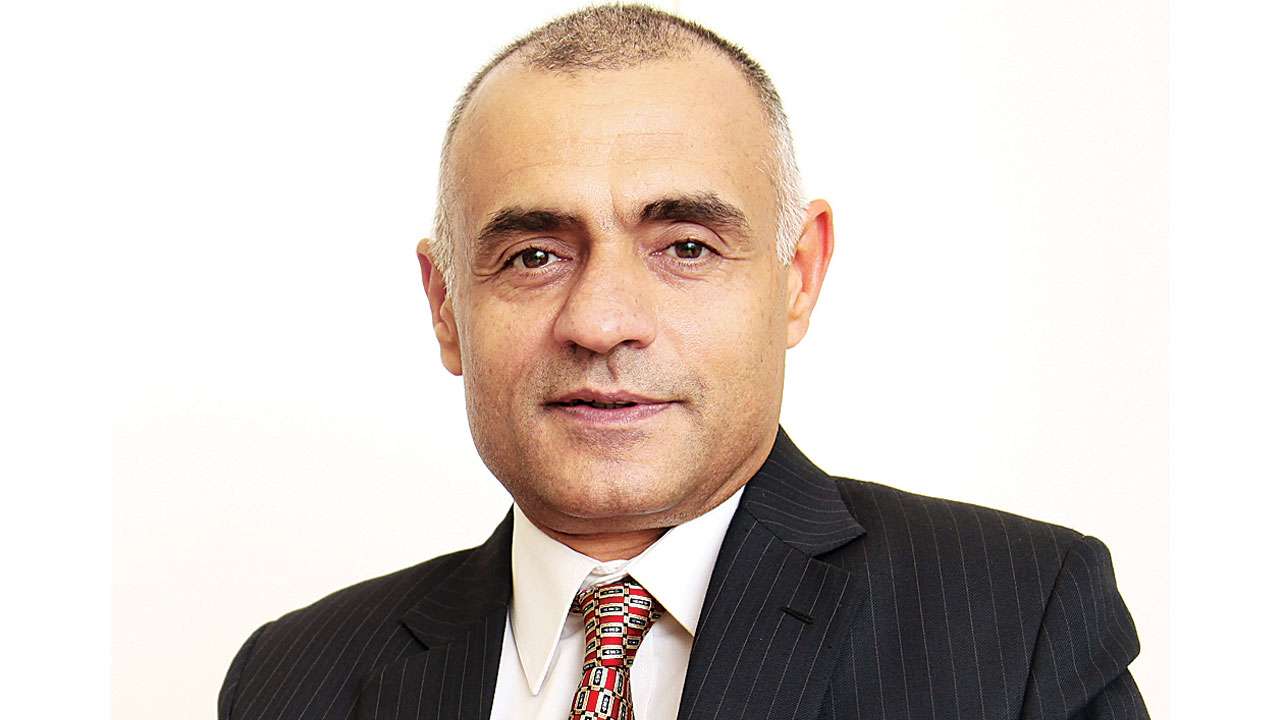
The key announcements of the Union Budget have been income support scheme for small farmers, pension program for unorganised sector and tax breaks for people with up to Rs 5 lakh in taxable income. Despite various social schemes and tax cuts, the government reiterated its commitment of achieving fiscal deficit target of 3% by FY2020-21, even as it has marginally revised upwards the fiscal deficit to 3.4% for 2018-19 and 2019-20, despite a sizeable outlay on the income support scheme for small farmers aggregating to Rs 20,000 crore in 2018-19 and additional Rs 75,000 crore for 2019-20.
While GoI has announced capital infusion into certain financial institutions like NABARD, EXIM Bank and IIFCL, there has been no announcement in the Budget for the capital infusion into public sector banks (PSBs), which is a negative given many of PSBs are expected to remain weak on capital position for supporting credit growth. Accordingly, the bank's ability to raise equity from external sources will be crucial to scale up the lending operations and meet funding requirements of the productive sectors of the economy. In addition, we also expect that the petroleum and fertilizer subsidy to require an upward revision that will push the overall expenditure.
On the revenue side, the GoI has factored in a growth rate of 13.5% for tax revenues during FY2019-20. Direct taxes are projected to rise at an estimated 15% in FY2020, supported by a wider tax base. Indirect taxes are expected to rise at around 12% benefitting from the expected stabilisation of the GST. However, the estimated 21% growth in Central GST collections for FY2020 seems optimistic. Accordingly, we expect a further increase in the budgeted expenditure for FY2019-20 and put pressure on fiscal deficit unless a higher than projected growth in revenue materializes.
To fund the fiscal deficit, the mobilisation from the small saving scheme is budgeted at Rs 1.52 lakh crore, which has resulted in a limited increase in net market borrowing of Rs 4.73 lakh crore for FY2020 as against Rs 4.22 lakh crore for FY2019. Ability to mobilise budgeted amount through small savings will be important for market borrowing and yields in the debt market.
GOI continues to maintain its focus on the agenda 'Housing for All' by 2022, the allocation though has been marginally lowered for the next fiscal but remains sizeable at Rs 25,853 crore. From the supply side, the extension of tax benefits for affordable housing projects likely to ensure adequate developer interest in the segment and on the demand side, the disposable income for low to middle-income segment borrowers are expected to improve through tax exemptions. The hike in the exemption on TDS from Rs 10,000 to Rs 40,000 is likely to be welcomed by all as it helps reduce operational workload for banks, tax departments as well as depositors. Various interest subventions coupled with a reduction in tax payment liability is expected to be positive for the disposable income of the borrowers and support consumption growth that may support credit demand or improve on their debt servicing ability.
Overall, the quality of expenditure is also showing signs of deterioration with capital expenditure rising by only 6% whereas revenue expenditure is projected to rise by 13.4% which is expected to be inflationary.
Naresh Takkar, MD & Group CEO, ICRA